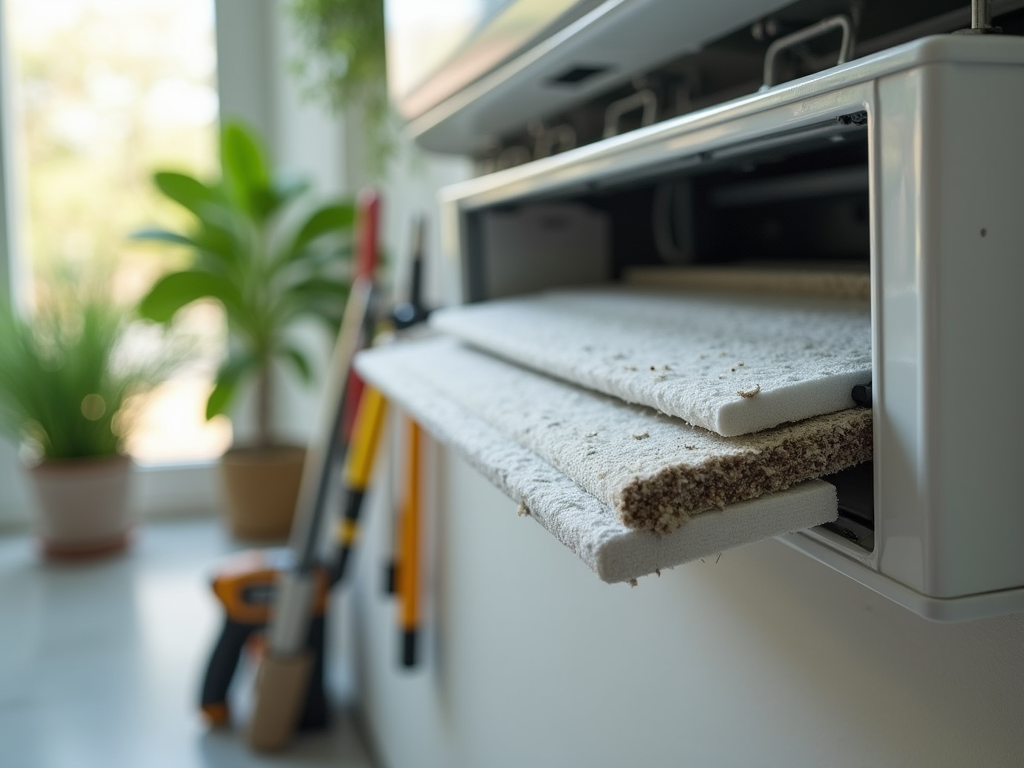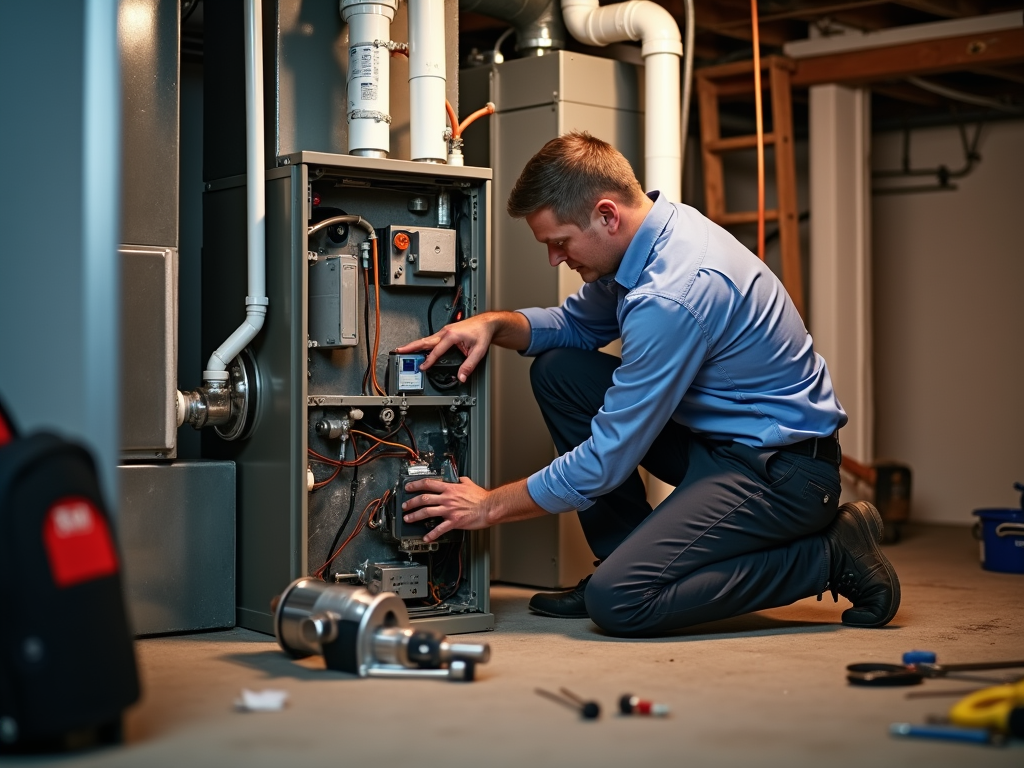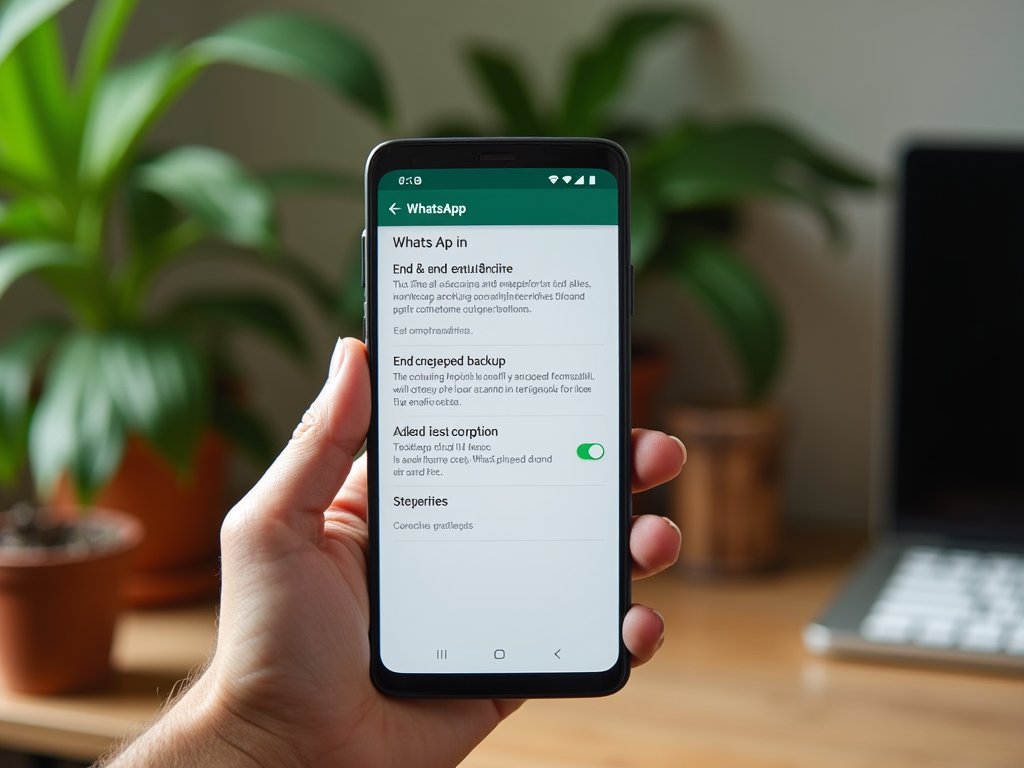Experiencing a frozen air conditioner can be frustrating, especially during the sweltering summer months. When your AC freezes up, it can lead to inefficient cooling, increased energy bills, and possible damage to the unit itself. In this article, we’ll explore the reasons behind a frozen AC, the immediate steps you should take, and how to prevent this issue in the future.
Understanding the Causes of a Frozen AC

Before you can take action to resolve a freezing issue, it’s crucial to understand what might be causing it. A frozen AC can result from a variety of factors, including but not limited to:
- Low Refrigerant Levels: A refrigerant leak can prevent the system from absorbing heat effectively, causing the evaporator coil to freeze.
- Dirty Air Filters: Clogged filters can restrict airflow, leading to lower temperatures and the potential for freezing.
- Blocked Vents: If air can’t circulate properly around the home, it can contribute to ice formation on the coils.
- Faulty Thermostat: An inaccurately reading thermostat can signal the system to run longer than necessary, resulting in freezing.
- Poor Insulation: If your home isn’t well insulated, the AC may struggle to maintain temperature, leading to cooling system strain and freezing issues.
Immediate Steps to Take When Your AC Freezes

When you notice your AC unit is frozen, it’s crucial to act swiftly to minimize potential damage. Here are the steps you should take immediately:
- Turn Off the AC: Shut down your air conditioning unit to stop further ice buildup.
- Check the Air Filter: Inspect and replace your air filter if it appears dirty or clogged. A clean filter can enhance airflow.
- Open Vents: Ensure all supply and return vents are open. Blocked vents can hinder proper airflow.
- Thaw the Ice: Allow time for the unit to thaw before attempting to restart. You can expedite this process by using a fan or a space heater.
- Examine Thermostat Settings: Verify your thermostat is functioning correctly and set to the appropriate temperature.
When to Call a Professional
While there are steps you can take yourself to address a frozen AC, sometimes the issue may require professional attention. Here are some signs that it’s time to call an HVAC technician:
- Persistent Freezing: If your AC continues freezing despite taking preliminary remedies, it’s crucial to seek professional help.
- Low Refrigerant Levels: A refrigerant issue typically requires a qualified technician for repair and refilling.
- Electrical Issues: Wiring or electrical problems should always be handled by a professional to avoid hazards.
- Compressor Issues: If your compressor is malfunctioning, it can lead to serious complications requiring immediate expert attention.
To avoid encountering a frozen AC in the future, consider implementing a routine maintenance plan. Regular check-ups can help catch problems before they escalate. Here are several preventive measures to consider:
- Routine Maintenance: Schedule regular HVAC checks to ensure all components are functioning well.
- Change Filters Regularly: Replace air filters every 1-3 months to maintain optimal airflow.
- Ensure Proper Insulation: Assess and upgrade your home’s insulation as necessary to reduce strain on your HVAC unit.
- Keep Vents Clear: Regularly check and clean the supply and return vents to prevent blockages.
- Monitor Humidity Levels: Use a dehumidifier if necessary to help your AC work more efficiently.
Conclusion
Experiencing an AC freeze-up can be a nuisance, but by understanding the causes and taking swift action, you can minimize its impact. Remember to keep your unit well-maintained, replace filters regularly, and seek professional help if problems persist. By following these steps, you’ll ensure your air conditioning system runs smoothly and efficiently for years to come.
Frequently Asked Questions
1. Can I continue using my AC if it’s frozen?
No, you should turn off your AC immediately to prevent further damage. Continuing to run a frozen unit can lead to compressor failure and more costly repairs.
2. How long will it take for my AC to thaw?
The time it takes for an AC unit to thaw can vary, but it generally takes a few hours. You can expedite the process by using fans or heaters to increase airflow around the unit.
3. Are there any DIY solutions for fixing a frozen AC?
While you can take initial steps like checking air filters and vents, persistent freezing issues often require professional diagnosis and repair, particularly if it’s related to refrigerant levels or compressor problems.
4. How can I tell if my refrigerant is low?
Signs of low refrigerant include insufficient cooling, hissing or bubbling noises, and the AC unit cycling on and off frequently. A professional technician can accurately assess and refill refrigerant levels.
5. What are the signs of a clogged filter?
Indicators of a clogged filter include reduced airflow, increased energy bills, and frequent system cycling. Regular inspection and replacement are essential for optimal performance.



